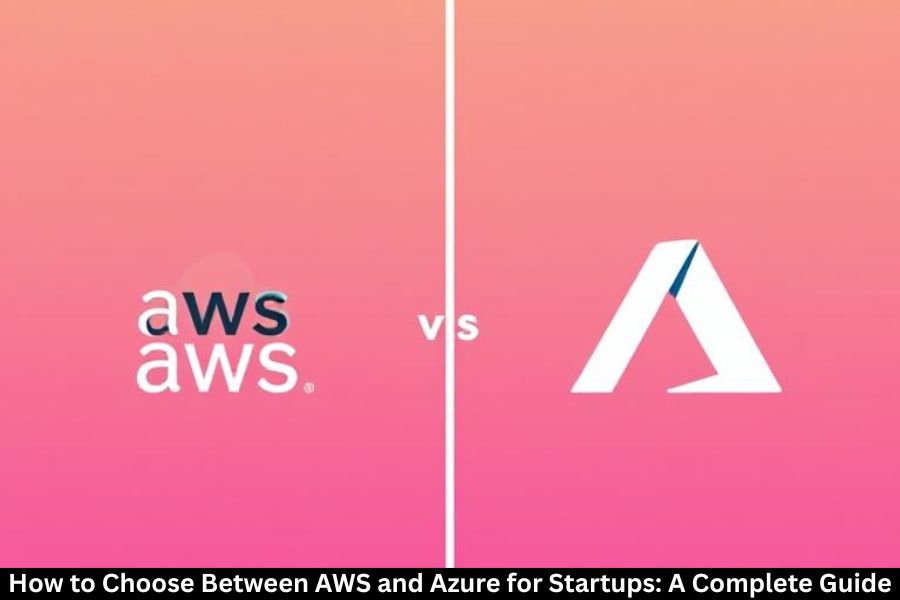Businesses are continually adapting to shifting workflows, and the focus turns toward cloud computing services as the foundation of digital evolution. Instead of investing in expensive on-site servers, a growing number of businesses are opting for the cloud’s efficiency, flexibility, and scalability. Google Cloud is a prominent cloud service provider, and a superior choice to the other providers. But does it benefit your particular business? Let’s evaluate both the benefits and drawbacks of Google Cloud for businesses to gain a better understanding.
What is Google Cloud?
Google Cloud Platform (GCP) is a collection of cloud services provided by Google. It offers innovation and growth support for machine learning, storage, infrastructure, data analytics, and networking tools. Organizations of all scales, including startups and multinational corporations, rely on GCP for workload management, application scaling, and data security.
The Advantages of Cloud Services for Businesses
The rationale behind companies embracing cloud services is quite clear:
- Scalability – Seamlessly increase or decrease resources as required by the business.
- Cost Effectiveness – Only pay for the resources you utilize.
- Remote Access – Employees and teams may access work from any location, at any time.
Considering these, let us focus on what makes Google Cloud stand out.
Pros of Using Google Cloud for Businesses
Scalability and Flexibility
Scaling resources to meet demand is a strength that will always distinguish Google Cloud from the rest. From a single small application to a huge enterprise system, GCP caters to everything without any downtime.
Security and Data Protection
Multi-disciplinary businesses have to do without vacuum security measures. Google Cloud has multilayered security, encryption, and compliance certifications to guarantee protection from cyberattacks.
Cost-Effective Pricing
Google’s payment-as-you-go model eliminates the need for upfront payments. In addition, expenses for long-term usage are reduced by committed-use discounts.
High Availability and Reliability
The extensive network of Google data centers, along with access to adequate and balanced routing, help to reduce latency, improve speed, and improve load balancing.
Innovation and AI Integration
As a leader in AI and machine learning, Google, unlike other companies, integrates machines learning with GCP tools like TensorFlow and BigQuery. This helps businesses implement sophisticated analytics and predictive analytics.
Collaboration Tools
Integration with Google Workspace (Docs, Sheets, Drive, Gmail), empowers effortless collaboration among team members of businesses.
Strong Network Infrastructure
GCP’s operation on Google’s private fiber-optic network delivers exceptional speed and low latency, which is extremely advantageous for multinational corporations.
Cons of Using Google Cloud for Businesses
Complicated Pricing Model
Google’s pricing structure, while flexible, is often deemed complex. Businesses may struggle to reliably estimate bills without close scrutiny.
Small Market Share Compared to AWS & Azure
While it is growing, Google Cloud’s adoption still lags behind both Amazon Web Services (AWS) and Microsoft Azure. Other larger ecosystems may be preferred by some sectors.
Expertise Required
A new business venture associated with GCP will most likely encounter a steep grasping curve, and associated teams will need training in making use of the platform.
Support Costs
Although there is relative documentation for standard and open-source software, premium customer support comes at an additional cost that small businesses may find prohibitive.
Regional Availability
Certain GCP services are not provided in every region, constraining the options for companies operating in those areas.
Vendor Lock-In
Deep integration with Google Cloud entails a high cost and complexity to migrating to any other provider.
Comparing Google Cloud with Competitors
- Google Cloud vs AWS – AWS has a larger market share and broader services, but GCP often provides better pricing for data-heavy businesses.
- Google Cloud vs Microsoft Azure – Azure integrates better with Microsoft tools whereas GCP excels in AI, big data, and open-source technologies.
Who Should Use Google Cloud?
Google Cloud is best suited for the following uses:
- Startups that require scalable as well as affordable solutions.
- Enterprises involved with big data and analytics.
- Companies that are tech-driven and use AI and machine learning.
Real-World Examples
PayPal, Spotify, and Twitter use Google Cloud for their operations. These examples show how GCP helps businesses scale globally while staying cost efficient.
Tips for Businesses Considering Google Cloud
- Designing Optimization Strategies – Apply discounts and monitor utilization.
- Employee Training – Offer GCP certifications to employees.
- Estimate Multi-Cloud – For added flexibility, utilize Google Cloud with AWS or Azure.
Conclusion
Companies seeking scalability, innovation, and cost savings can benefit greatly from Google Cloud’s features. Admittedly, it does present some issues—like intricate pricing and a learning curve—but for these types of businesses, the advantages generally outweigh the disadvantages. Ranging from start-ups to established corporations, GCP has the potential to positively impact a business when employed effectively.
FAQs
Is Google Cloud suitable for small businesses?
Its consumption-based payment model makes it accessible for startups and small businesses.
How secure is Google Cloud in comparison with others?
Google Cloud provides enterprise security features that are generally comparable to those of AWS, and Azure.
Which industries benefit the most from GCP?
Companies in the technology, finance, healthcare, and media industries that heavily utilize big data and AI stand to benefit.
Can companies move from AWS to Google Cloud?
Yes, migrations are possible but can be complicated and require detailed planning.
Is Google Cloud’s pricing competitive as compared to AWS or Azure?
Google Cloud tends to be less expensive for data analytics workloads, however, pricing is dependent on the services used.



